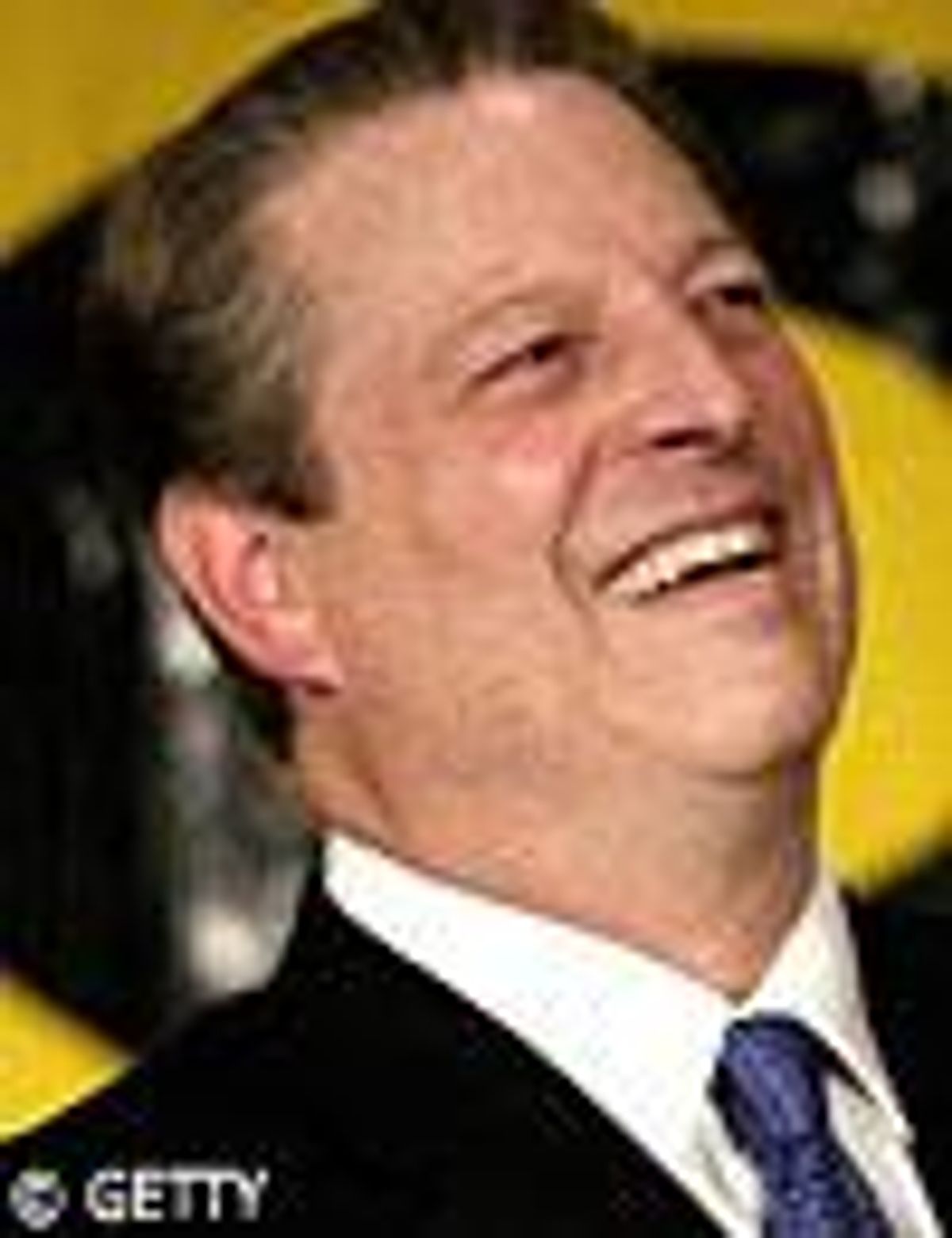The evening of October 5, 2007, was unseasonably cold in Los
Angeles, forcing the well-heeled crowd gathering in
the backyard of Michael and Jena King's Pacific
Palisades home to huddle under heat lamps. Paper
lanterns swung wildly from the tree branches with every gust
of ocean breeze; the lights of downtown twinkled in
the distance like a Christmas village in Sweden. From
time to time some brave soul would duck her head out
from under the fiery halo to snatch a full glass of
champagne or a crab cake. That a fund-raiser to
benefit Oceana -- an organization dedicated to
protecting the world's oceans and marine life from,
among other things, overfishing -- would choose
seafood as an appetizer is a discussion for another
time. Nourishment staves off hypothermia.
Inside, clearly the smarter place to be, the flat-screen
television above the mantle showed the Boston Red Sox
in the early innings of their eventual win against the
Los Angeles Angels of Anaheim -- a win which
would propel the Sox to the American League Championship
Series and, ultimately, to their second World Series
title. Stick with me here: After an 86-year dry spell
that had marked the team as "cursed" (or for
those of us who grew up in the Nation, "godforsaken
losers that'll break your heart year after
year"), the Red Sox have finally unleashed the
potential we always suspected they had. Much the same can be
said about Al Gore, who two weeks after accepting the
Partners Award at Oceana's chilly soiree would
be awarded the Nobel Peace Prize in Stockholm.
Let me start by saying that I never really knew what to make
of Al Gore. The vice president is by definition
something of an afterthought, but VP to Bill Clinton?
You may as well be the wallpaper. And then there was the
2000 election, which was punctuated with Gore's strange
claims to have invented the Internet, a painfully bad
makeup job during at least one debate, and an awkward
attempt at a passionate kiss with Tipper. Even so, I
voted for him. I threw my fists in the air when the White
House was handed over to a dimwit in his place.
I've imagined -- innumerable times -- what this
country might have been under his leadership. But seeing Al
Gore take the microphone seven years later confirmed that he
has hit his stride outside of politics, and
that's no mistake.
Of course, it began with An Inconvenient Truth. Standing in those
classrooms with his PowerPoint presentation, Al Gore
taught the world to care about global warming, and in
the process became his own man. Suddenly, he was a
force: intelligent, charming, respectable,
relaxed, someone you wanted to listen to. Without the
pressure of poll numbers and party lines, he could focus
on what he really wanted to do -- save the world.
While his speech in the Palisades was off-the-record, trust
me, it would have made you want to ditch your car for
a 10-speed and install wind turbines in your backyard
too. But even more compelling than the words he
spoke was the unchecked emotion behind them. My favorite
moment was when he slammed his palm against the wooden
lectern in frustration for the fight that has turned
him into a modern-day Cassandra. The audience
collectively quivered, for once not from the cold. Think for
a minute how that would have been received if he were
president. It would have been spliced from everything
else he said that evening and thrown on YouTube, where
the media would have picked it up and mocked it as
something of a Howard Dean moment. As much as we cry that we
want our politicians to be real, our continual
derision says otherwise. Naturally, this is all
assuming that President Gore, with all of the other concerns
on his plate, would have actually had time to
speak impassionedly about climate change.
Bottom line is, outside of the political petri dish, Al Gore
can be himself and really change the world. Thankfully
for us, he's doing just that.


















































































Here's our dream all-queer cast for 'The White Lotus' season 4